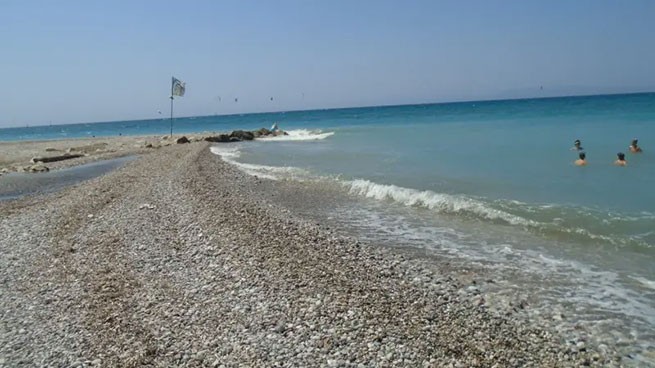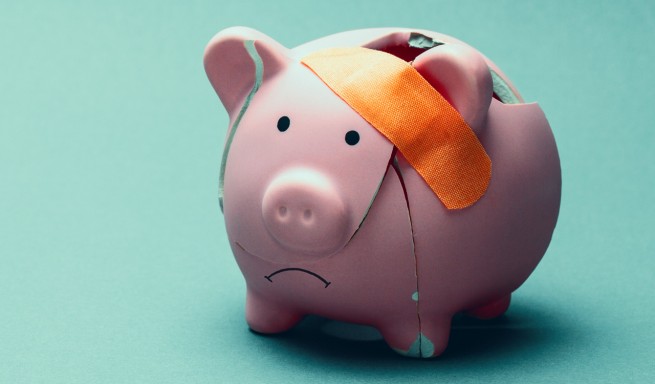The situation in Greece is becoming increasingly difficult, resulting in the savings rate remaining low.
The data from the Hellenic Statistical Authority are indicative (ELSTAT), according to which savings in the first quarter of this year went into negative territory (-8.1%). In practice, this means that we spend more than our gross disposable income – either by drawing from savings or by borrowing from banks.
In the first quarter of 2024, the disposable income of households and non-profit institutions serving households (NPOs) increased by 1.1% compared to the corresponding quarter of the previous year, from EUR 34.74 billion to EUR 35.13 billion. At the same time, final consumer spending increased by 6.9% compared to the corresponding quarter of the previous year, from EUR 35.5 billion to EUR 38 billion.
The savings rate, defined as the ratio of gross savings to gross disposable income, was -8.1% in the first quarter of 2024, down from -2.2% in the first quarter of 2023.
According to a special study by Eurobank, Greece had the lowest national savings rate as a percentage of GDP: the average was just 9% of GDP compared to 25% in the eurozone. Greece ranks last in savings not only in the eurozone but also among all developed countries. Household savings rates in Greece are significantly lower than in Spain, Portugal and Italy, as well as in the eurozone.
Low household savings are explained, among other things, by high percentage of shadow economywhich favours consumption over savings, and low interest rates on term deposits compared with the rest of Europe.
Economists are sounding the alarm because they believe that an economy without savings is at risk due to the increase in its external liabilities and dependence on continuous flows of external borrowing.







More Stories
Snacks – good or bad, what foods can be harmful
Farmer Throws Six Tons of Green Olives Out on the Street
Patras: First school suspension for using smartphone. Parents are outraged